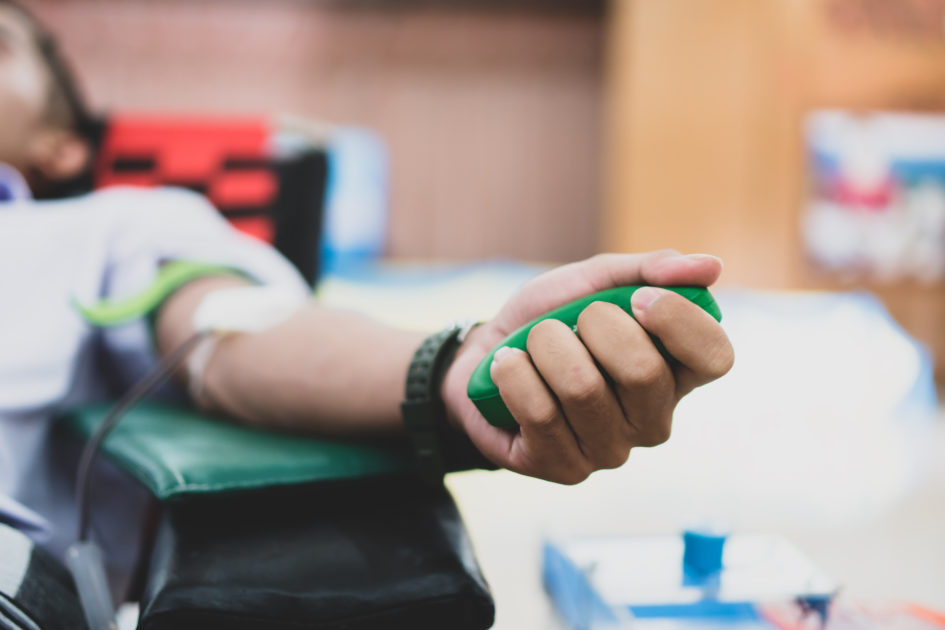Tips for Individuals Who Have Recovered From COVID-19
If you have been diagnosed with COVID-19 and are now in the recovery stages, you may still be recovering from the side effects from the actual virus. Once you have recovered from COVID-19, be sure to follow the CDC guidelines as well as your local and state regulations as to when you should discontinue isolation and return to normal activities. You may be having mixed emotions, fear and worry about your health and the health of your loved ones. You may also be feeling stress from the situation or sadness, anger or frustration due to family or friends not wanting contact with you in fear of contracting the virus. These are all normal and valid feelings.
Although it will take some time to get back to some level of normalcy, here are a few tips on how to manage your recovery:
Reach Out For Help
- Communicate with your physician as to how you are doing and reach out to them with any questions or concerns you may have regarding your recovery.
- Connect with family and loved ones. Express any concerns or fears you may have.
Continue Proper Hygiene Practices
Even though you may not be able to spread the virus through air droplets presumably for quite some time, you can still spread the virus by touching a surface containing the virus then transferring it to another location.
The CDC is still determining whether you can get sick with COVID-19 again, so continue following proper hygiene recommended guidelines to protect yourself and others including:
- Wash your hands for at least 20 seconds with warm water and soap, especially after using the restroom, before eating and after blowing your nose, coughing and sneezing.
- If soap is not readily available, use an alcohol-based hand sanitizer containing at least 60% alcohol.
Help Others
Donate Your Plasma
You may be hearing about donating your plasma, a component in blood, after you have recovered from COVID-19. This is called convalescent plasma, and it contains antibodies that your body has produced to fight the coronavirus. There are no randomized control studies (the gold standard of research studies) and it is uncertain as to the effectiveness of transfusing this plasma to COVID-19 patients. The FDA, however, began allowing convalescent plasma to be given to patients as an experimental treatment as of March 24, 2020.
Donate Blood
Demand for blood is typically always high, and at this time due to closures of several blood drives and people concerned with leaving their homes, blood donations are still just as important. If you’d like to donate, visit the American Association of Blood Banks locator, the Red Cross website or call 1-800-RED-CROSS.
Help Run Errands
Do you have vulnerable family, friends or neighbors? Consider asking them if you can run errands for them such as to the grocery store or pharmacy.
Sources:
“Coronavirus Resource Center,” https://www.health.harvard.edu/diseases-and-conditions/coronavirus-resource-center, accessed April 30, 2020.
“Plasma Donations from Recovered COVID-19 Patients,” https://www.redcrossblood.org/donate-blood/dlp/plasma-donations-from-recovered-covid-19-patients.html, accessed April 30, 2020.
“What Does It Mean to ‘Recover From Coronavirus’? Here’s What You Need to Know,” https://www.sciencealert.com/this-is-what-it-means-to-recover-from-corona-and-what-you-can-do-after, accessed May 13, 2020.

